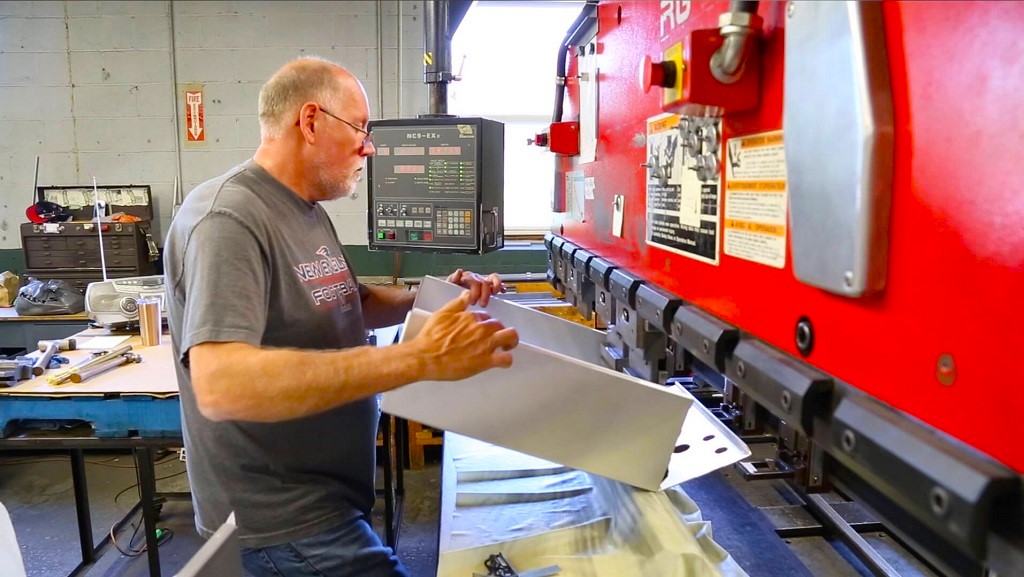Custom metal fabrication has seen a significant transformation with the rise of CNC technology. As industries demand more precision and efficiency, CNC machine companies have emerged as key players in delivering tailored metal components. The integration of CNC in metal fabrication not only enhances accuracy but also streamlines various aspects of production, making it an indispensable tool for modern manufacturing.
Precision Cutting for Complex Parts
Precision is the cornerstone of custom metal fabrication, and CNC technology excels in this area. When it comes to creating intricate parts, traditional methods often fall short. CNC machines, however, are capable of achieving high levels of accuracy, making them ideal for producing complex components. The ability to cut metal with such precision ensures that each piece fits perfectly, reducing the need for further adjustments and rework. This precision is crucial for industries like aerospace, automotive, and medical devices, where even the slightest deviation can have significant consequences.
Automated Prototyping for CNC Machine Companies
Prototyping is a critical phase in custom metal fabrication, allowing companies to test and refine their designs before full-scale production. CNC machines have revolutionized this process by automating prototyping, making it faster and more efficient. With CNC technology, a CNC machine company can quickly produce prototypes with exact specifications, ensuring that the final product meets all requirements. This automation not only speeds up the development cycle but also reduces costs associated with manual prototyping. As a result, companies can bring their products to market more swiftly, gaining a competitive edge.
High-Volume Production Runs
While CNC machines are known for their precision in creating complex parts, they are equally adept at handling high-volume production runs. This capability is particularly valuable for custom metal fabrication, where large quantities of identical parts are often required. CNC machines can operate continuously, producing consistent and high-quality components without the need for constant supervision. This efficiency not only increases productivity but also ensures that each piece meets stringent quality standards. For businesses, this means they can fulfill large orders quickly while maintaining the integrity of their products.
Multi-Axis Machining Capabilities
One of the standout features of CNC technology is its multi-axis machining capabilities. Traditional machining methods are often limited to two or three axes of movement, which can restrict the complexity of parts that can be produced. CNC machines, however, can operate on multiple axes simultaneously, allowing for the creation of intricate and detailed components. This capability is essential for custom metal fabrication, where unique and complex designs are often required. Multi-axis machining opens up new possibilities for innovation, enabling companies to push the boundaries of what is achievable in metal fabrication.
Integration with CAD/CAM Systems
The integration of CNC machines with CAD (Computer-Aided Design) and CAM (Computer-Aided Manufacturing) systems has further enhanced the efficiency and precision of custom metal fabrication. This seamless integration allows for the direct transfer of digital designs to the CNC machines, eliminating the potential for errors in translation. CAD/CAM systems enable designers to create highly detailed and complex models, which can then be precisely replicated by CNC machines. This synergy between design and manufacturing ensures that the final product matches the original vision, down to the smallest detail. For a CNC machine company, this integration streamlines the workflow, reduces lead times, and enhances overall productivity.
CNC technology has become a pivotal tool in custom metal fabrication, offering unparalleled precision, efficiency, and versatility. The role of CNC in this field continues to grow, driven by technological advancements and the increasing demand for high-quality, custom-made components. As CNC machine companies push the envelope of what is possible, the future of custom metal fabrication looks incredibly promising.


